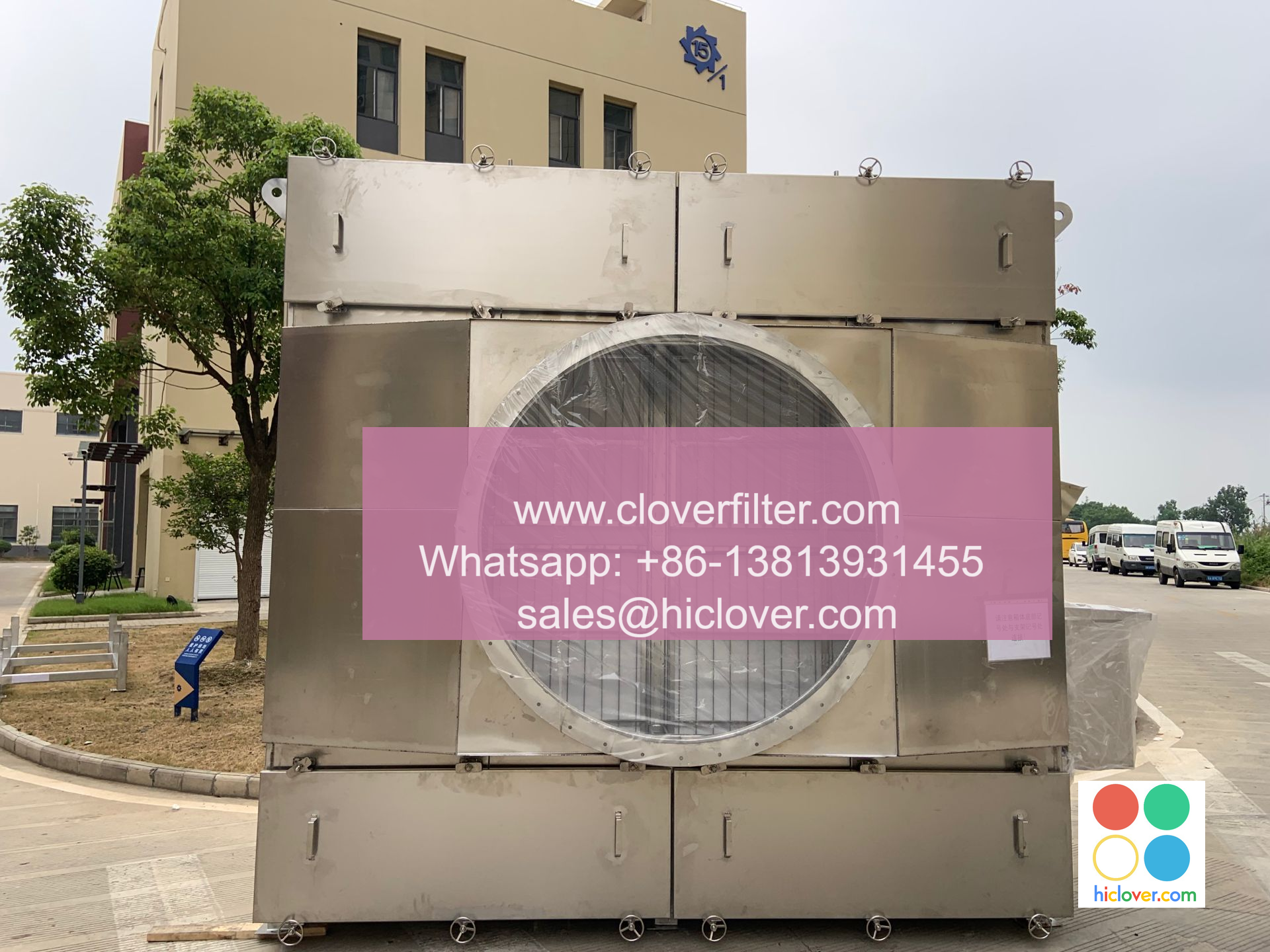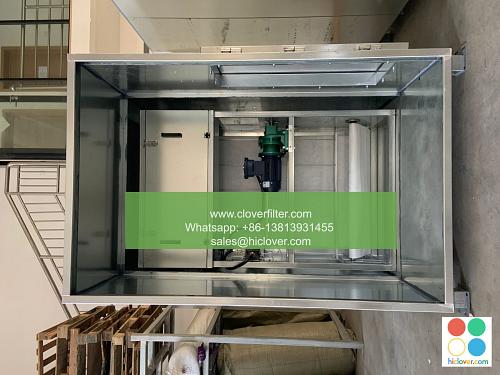A Case Study on the Implementation of Automatic Roll Air Filters at Hamilton Steel Manufacturing

Hamilton Steel Manufacturing, a leading steel production company, has recently implemented automatic roll air filters in their manufacturing facility. The decision to adopt this new technology was driven by the need to improve indoor air quality, reduce maintenance costs, and increase overall efficiency. In this case study, we will explore the implementation process, benefits, and challenges faced by Hamilton Steel Manufacturing.
The company’s manufacturing facility is a large, enclosed space with multiple production lines, welding stations, and machining equipment. The air inside the facility was constantly polluted with dust, fumes, and other airborne contaminants, posing a significant threat to the health and safety of employees. Traditional air filtration systems were unable to effectively remove these contaminants, leading to frequent equipment breakdowns and maintenance issues.
To address these problems, Hamilton Steel Manufacturing decided to install automatic roll air filters. These filters use a rolling mechanism to continuously feed clean filter media into the air stream, removing contaminants and pollutants. The automatic roll air filters were designed to capture 95% of particles as small as 0.5 microns, including dust, smoke, and other airborne contaminants.
The implementation process began with a thorough assessment of the facility’s air quality and filtration needs. The company worked with a team of experts to identify the most critical areas of the facility and determine the optimal filter size and configuration. The installation process was completed in several phases, with minimal disruption to production.
Since the installation of the automatic roll air filters, Hamilton Steel Manufacturing has seen significant improvements in indoor air quality. Employee complaints about respiratory issues and eye irritation have decreased dramatically, and the overall health and safety of the workforce have improved. The company has also noticed a reduction in equipment breakdowns and maintenance costs, as the clean air has reduced the wear and tear on machinery.
In addition to the health and safety benefits, the automatic roll air filters have also contributed to increased efficiency and productivity. With a cleaner and healthier work environment, employees are more focused and motivated, leading to improved productivity and quality of work. The company has also seen a reduction in energy costs, as the filters have improved the overall air flow and reduced the need for heating and cooling.
Despite the many benefits, the implementation of automatic roll air filters was not without challenges. The company faced initial resistance from employees who were concerned about the noise and disruption caused by the installation process. However, once the filters were up and running, employees quickly noticed the improvements in air quality and began to appreciate the benefits.
The company also faced some technical challenges, including the need to integrate the new filters with existing ventilation systems. However, with the help of the expert installation team, these issues were quickly resolved, and the filters are now operating smoothly.
Another challenge faced by the company was the cost of implementation. While the initial investment was significant, the company has already begun to see a return on investment through reduced maintenance costs and improved productivity. The company expects to see continued cost savings and benefits in the years to come.
Conclusion
The implementation of automatic roll air filters at Hamilton Steel Manufacturing has been a resounding success. The company has seen significant improvements in indoor air quality, reduced maintenance costs, and increased efficiency and productivity. While there were some initial challenges, the benefits of the new technology have far outweighed the costs. As the company continues to prioritize the health and safety of its employees, it is likely that the automatic roll air filters will remain a critical component of its manufacturing facility.
FAQs
Q: What are automatic roll air filters, and how do they work?
A: Automatic roll air filters use a rolling mechanism to continuously feed clean filter media into the air stream, removing contaminants and pollutants. They are designed to capture 95% of particles as small as 0.5 microns, including dust, smoke, and other airborne contaminants.
Q: What are the benefits of using automatic roll air filters in a manufacturing facility?
A: The benefits of using automatic roll air filters include improved indoor air quality, reduced maintenance costs, increased efficiency and productivity, and improved health and safety of employees.
Q: What were some of the challenges faced by Hamilton Steel Manufacturing during the implementation process?
A: The company faced initial resistance from employees, technical challenges integrating the new filters with existing ventilation systems, and the high cost of implementation.
Q: How has the implementation of automatic roll air filters affected the company’s bottom line?
A: The company has already begun to see a return on investment through reduced maintenance costs and improved productivity. It expects to see continued cost savings and benefits in the years to come.
Q: Would you recommend the implementation of automatic roll air filters to other manufacturing companies?
A: Yes, based on the success of the implementation at Hamilton Steel Manufacturing, it is likely that other manufacturing companies could benefit from the use of automatic roll air filters to improve indoor air quality, reduce maintenance costs, and increase efficiency and productivity.

